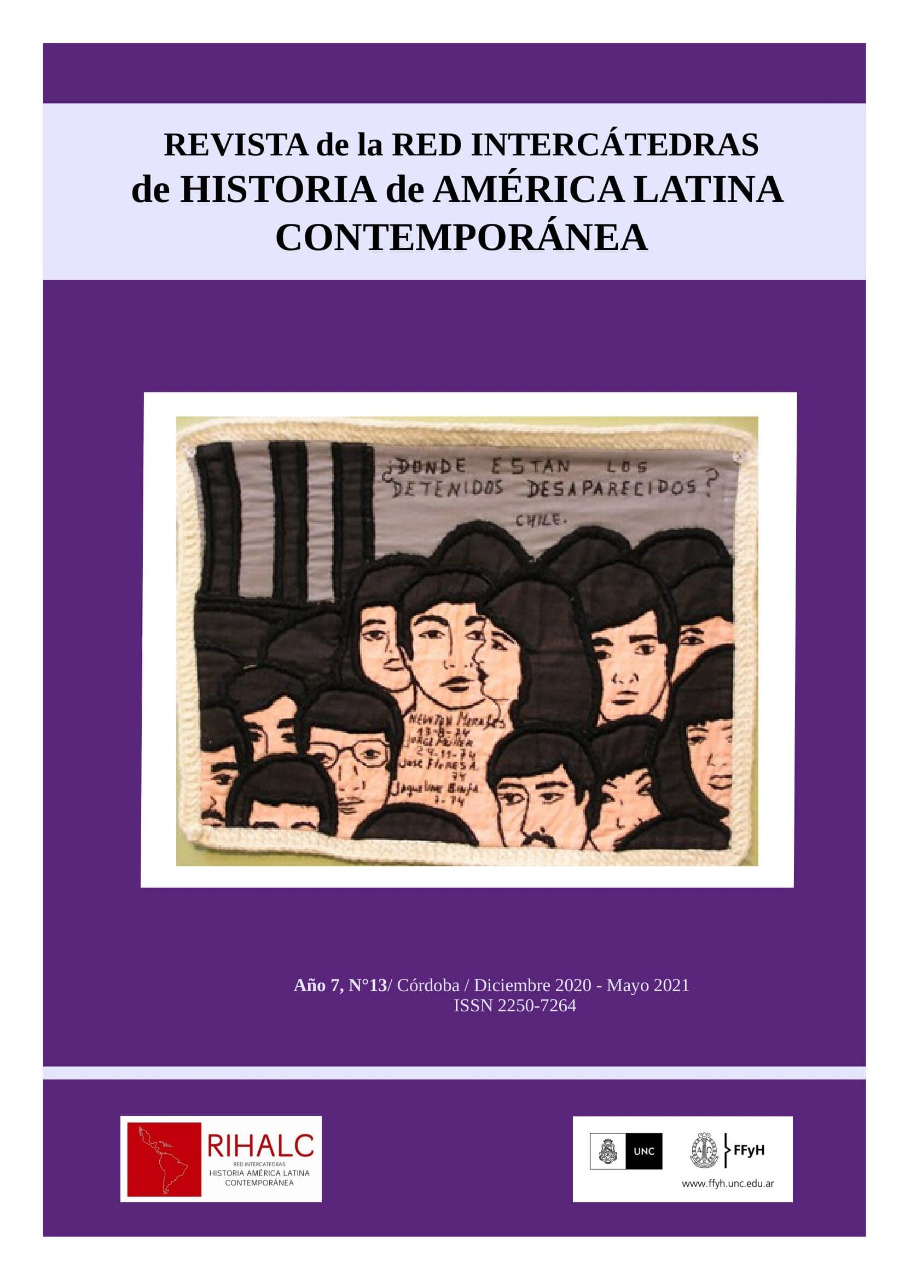Past, present and future: multiple times in Augusto Boal's exile
Keywords:
Exile, Augusto Boal, TransitAbstract
This article aims to investigate the exile of Latin American playwright Augusto Boal focusing in an experience of transit between three countries: Brazil, Argentina and Portugal. Boal's exile totaled fourteen years, consisting of five years in Argentina (1971-1975), two years in Portugal (1976-1977) and seven years in France (1978-1984). The time frame explored in this article is the period from 1974 to 1976, when he was living in Buenos Aires and trying to move to Lisbon. This choice stems from the interest in investigating the initial negotiations regarding his move to Lisbon and the legal battle he faced in Brazil to obtain a valid passport. From this short period of time, it is possible to observe the various times experienced by the director: the unwanted ties that kept him connected to Brazil as the past; the anxiety about the Argentinian situation that preceded the 1976 military coup as the present; the expectation of displacement to Portugal, a country that had experienced the Carnation Revolution and had a less hostile perspective for the future. Using the categories "space of experience" and "horizon of expectation" formulated by Reinhart Koselleck, we can unveil the experience of transit between countries through an exegesis of the times and spaces experienced by the director. The research was carried out through letters, interviews, autobiographies, official documents and newspapers.
References
Abellán, Joan (2001): Boal conta Boal, Institut del Teatre, Barcelona.
Boal, Augusto (2000): Hamlet e o Filho do Padeiro: Memórias Imaginadas, Record, Rio de Janeiro.
Green, James (2009): Apesar de vocês: oposição à ditadura brasileira nos Estados Unidos, 1964-1985, Companhia das Letras, São Paulo.
Koselleck, Reinhart (2006): Futuro Passado: Contribuição à semântica dos tempos históricos, Contraponto (PUC-Rio), Rio de Janeiro.
Lemes, Daniela (2019): “Portugal: um capítulo nos exílios de Augusto Boal”, Revista de Comunicação e Linguagens, Nº 5, pp. 23-43.
Moniz Bandeira, Luiz Alberto (1998): Relações Brasil-EUA no contexto da globalização. V.2, Rivalidade emergente, Editora SENAC, São Paulo.
Napolitano, Marcos (2014): “No exílio, contra o isolamento: intelectuais comunistas, frentismo e questão democrática nos anos 1970”, Estudos Avançados, vol. 28, Nº 80, pp .41-58.
Pezzonia, Rodrigo (2017): Exílio em Português: política e vivências dos brasileiros em Portugal (1974-1982), Tese de Doutorado em História Social, Faculdade de Filosofia, Letras e Ciências Humanas, Universidade de São Paulo, São Paulo.
Rollemberg, Denise (2007): Entre raízes e radares, o exílio brasileiro (1964-1979), ponencia presentada en XI Jornadas Interescuelas, Departamento de Historia, Facultad de Filosofía y Letras, Universidad de Tucumán, San Miguel de Tucumán, Disponível em: http://cdsa.aacademica.org/000-108/758.pdf. Acesso em: 04 abril 2019
Roniger, Luis (2010): “Exílio massivo, inclusão e exclusão política no século XX”, Revista de Ciências Sociais, vol.53, Nº 1, pp. 91-124.
Said, Edward (2000): Representações do intelectual: as palestras de Reith de 1993, Colibri, Lisboa.
Toledo, Paulo Vinicius Bio (2018): Debates sobre teatro e sociedade após o golpe de 1964: reflexão e trabalho teatral de José Celso Martinez Corrêa e Augusto Boal, Tese de Doutorado, Universidade de São Paulo, São Paulo.
Yankelevich, Pablo (2011): “Estudar o Exílio”, Samantha Viz Quadrat (org.). Caminhos Cruzados: História e Memória dos Exílios Latino-Americanos no Séc. XX., FGV Editora, Rio de Janeiro, pp. 11-30.
Downloads
Published
Issue
Section
License

This work is licensed under a Creative Commons Attribution-NonCommercial-NoDerivatives 4.0 International License.
Aquellos autores/as que tengan publicaciones con esta revista, aceptan los términos siguientes:
- Los autores/as conservarán sus derechos de autor y garantizarán a la revista el derecho de primera publicación de su obra, el cuál estará simultáneamente sujeto a la Licencia de reconocimiento de Creative Commons que permite la libre distribución con mención de su(s) creadores, no permite el uso comercial ni las obras derivadas. Los autores, al enviar el artículo, acuerdan publicarlo bajo esta licencia..
- Los autores/as podrán adoptar otros acuerdos de licencia no exclusiva de distribución de la versión de la obra publicada (p. ej.: depositarla en un archivo telemático institucional o publicarla en un volumen monográfico) siempre que se indique la publicación inicial en esta revista.
- Se permite y recomienda a los autores/as difundir su obra a través de Internet (p. ej.: en archivos telemáticos institucionales o en su página web) después del proceso de publicación.



